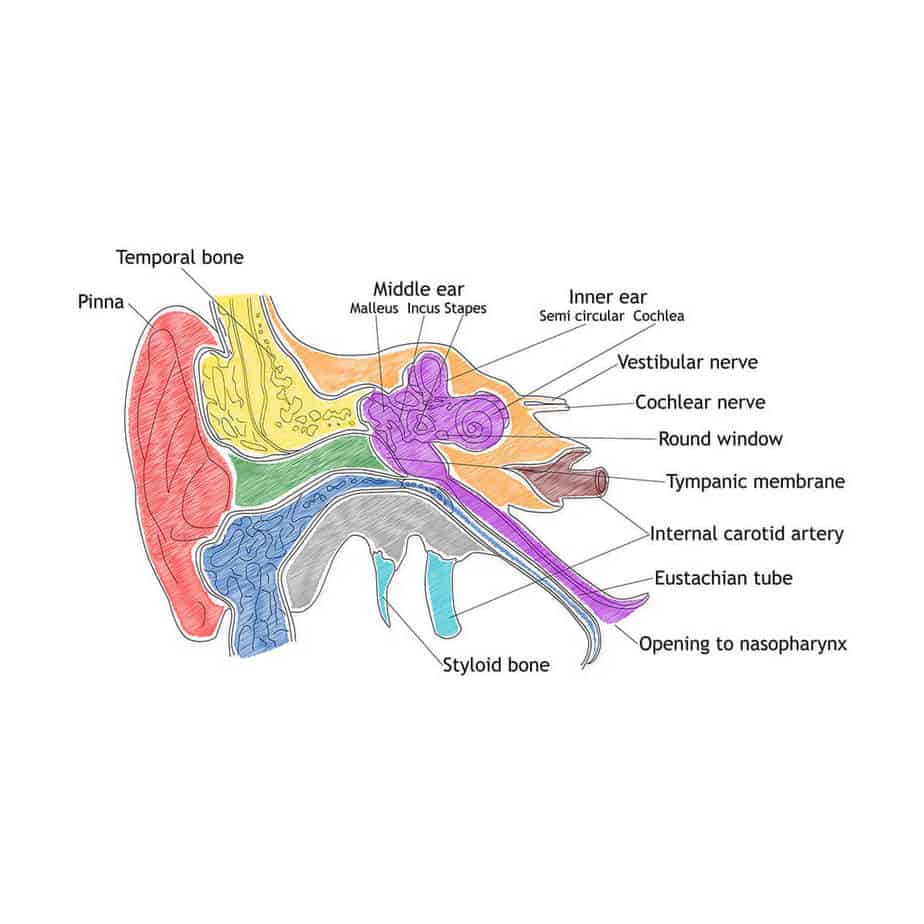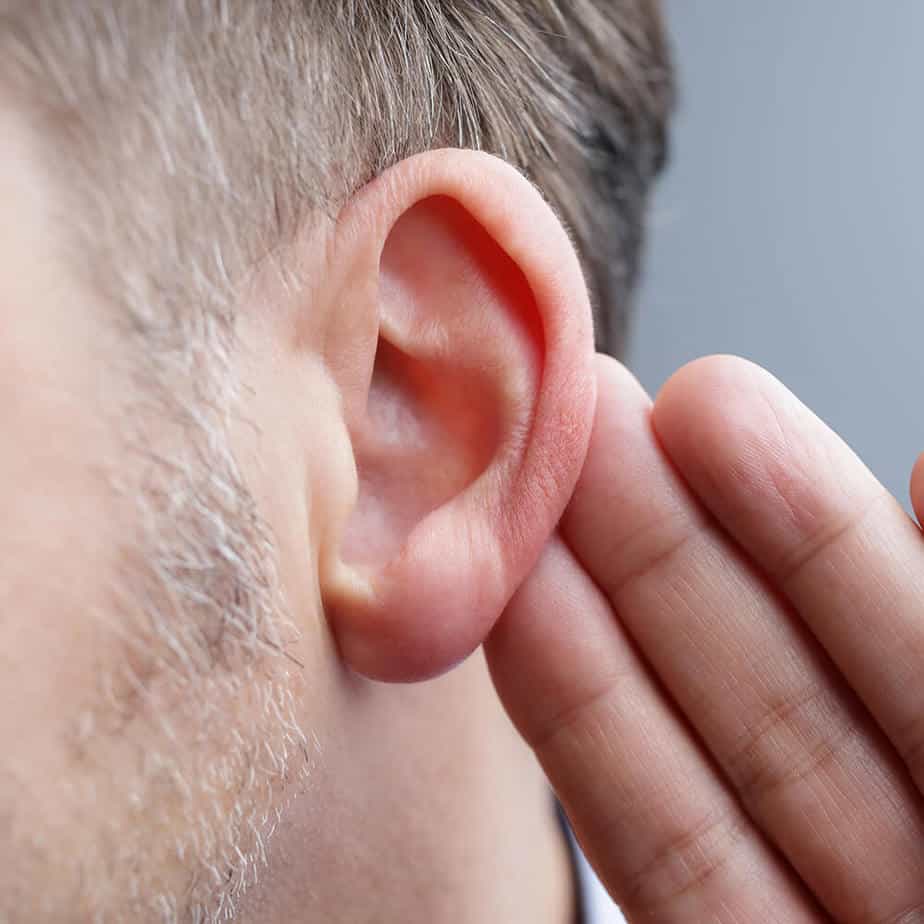Hearing Loss Overview & FAQs
Hearing loss is an invisible condition, and it is far more common than you might think. It affects approximately 40 million Americans of all ages, and if left untreated, it interferes with every aspect of one’s life.
If you have untreated hearing loss, you may struggle to communicate with loved ones and experience social isolation and depression. Hearing loss may cause problems at work or school, and you’ll struggle to focus on tasks and accomplish goals. You may find yourself in harms way more often, and those with hearing loss experience more slips, falls, and accidents. With hearing loss, you’ll experience a reduced quality of life.
How Hearing Works
To understand hearing loss, let’s take a look at how you hear. When sound waves in the environment approach your ear, the outer ear funnels the sounds into the ear canal, and to the eardrum, or middle ear. Known as the tympanic membrane, the middle ear vibrates with the sound waves, and the three ossicles, or tiny bones directly behind the tympanic membrane, increase the strength of this vibration and pass it on into the middle ear.
The vibrations from the tympanic membrane and the ossicles send ripples through the fluid filled inner ear, known as the cochlea. Here, delicate hair cells bend as the fluid moves, and they convert the sound waves into electrical impulses that are sent to the brain along the auditory nerve. Once they reach the brain, you interpret these signals as sound.


What is Hearing Loss?
There are three types of hearing loss that affect your ears in different ways.
Conductive hearing loss
Sensorineural Hearing Loss
Mixed Hearing Loss
Contact Professional hearing Associates Today
Signs of Hearing Loss
Do you think your ears might not be functioning as well as they used to, and that you might have hearing loss? Watch for the signs of hearing loss, which include difficulty following conversations, particularly in places with a lot of background noise. Have you been turning up the volume on the TV, struggling to hear on the phone, or unable to hear someone calling you from the next room? These are all common signs of hearing loss.
You might think you’d be the first to realize your hearing isn’t as sharp as it once was. However, because hearing loss is often a gradual process, your brain makes small adjustments to how you’re hearing, and you may not realize that your hearing abilities have changed. In fact, your loved ones are likely to notice your hearing loss before you, so if they’ve been pestering you to get your hearing checked, take them seriously and call us at Professional Hearing Associates for a hearing evaluation! Our Doctors of Audiology are board certified in the diagnosis and treatment of hearing disorders, and are ready to help you hear better!

